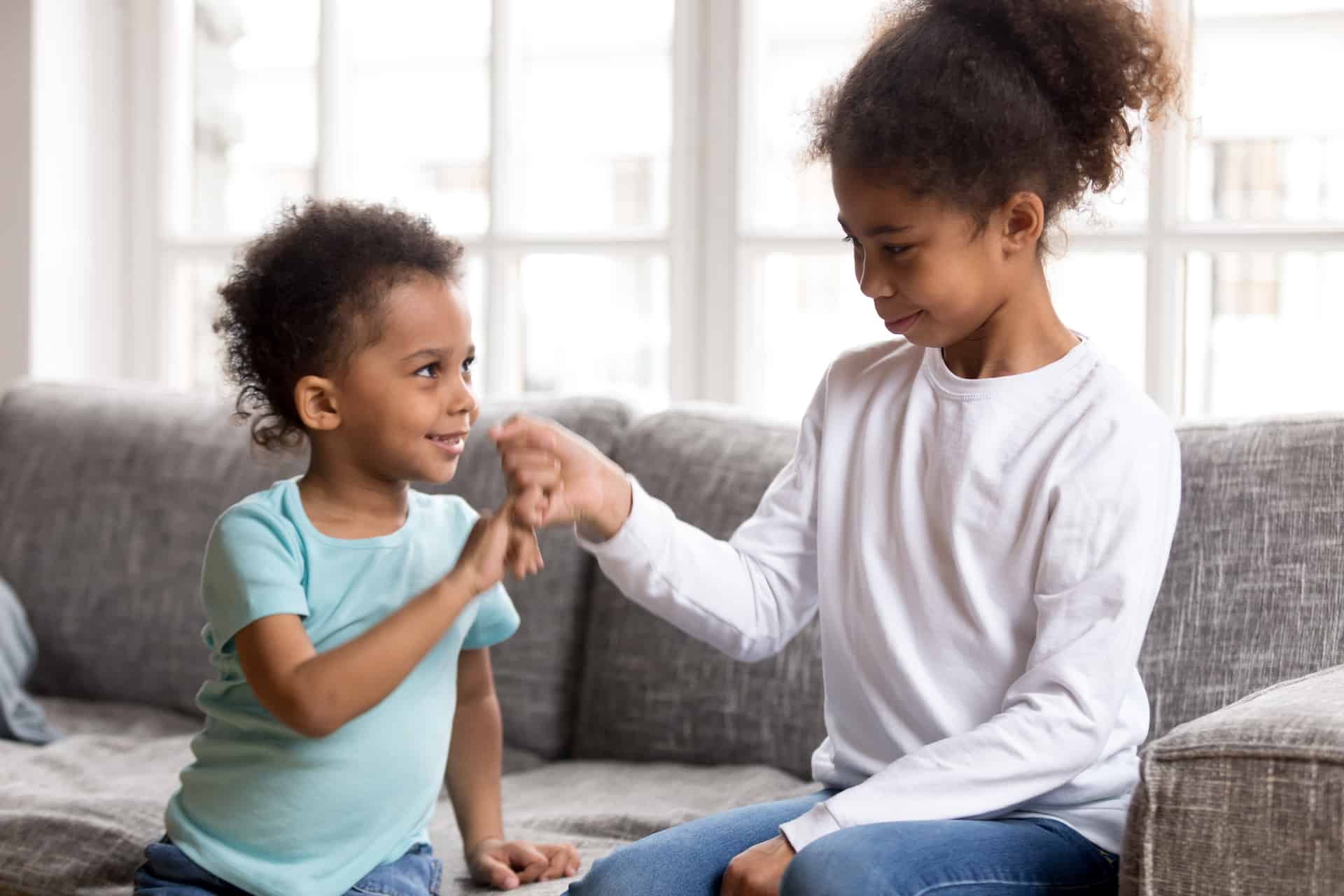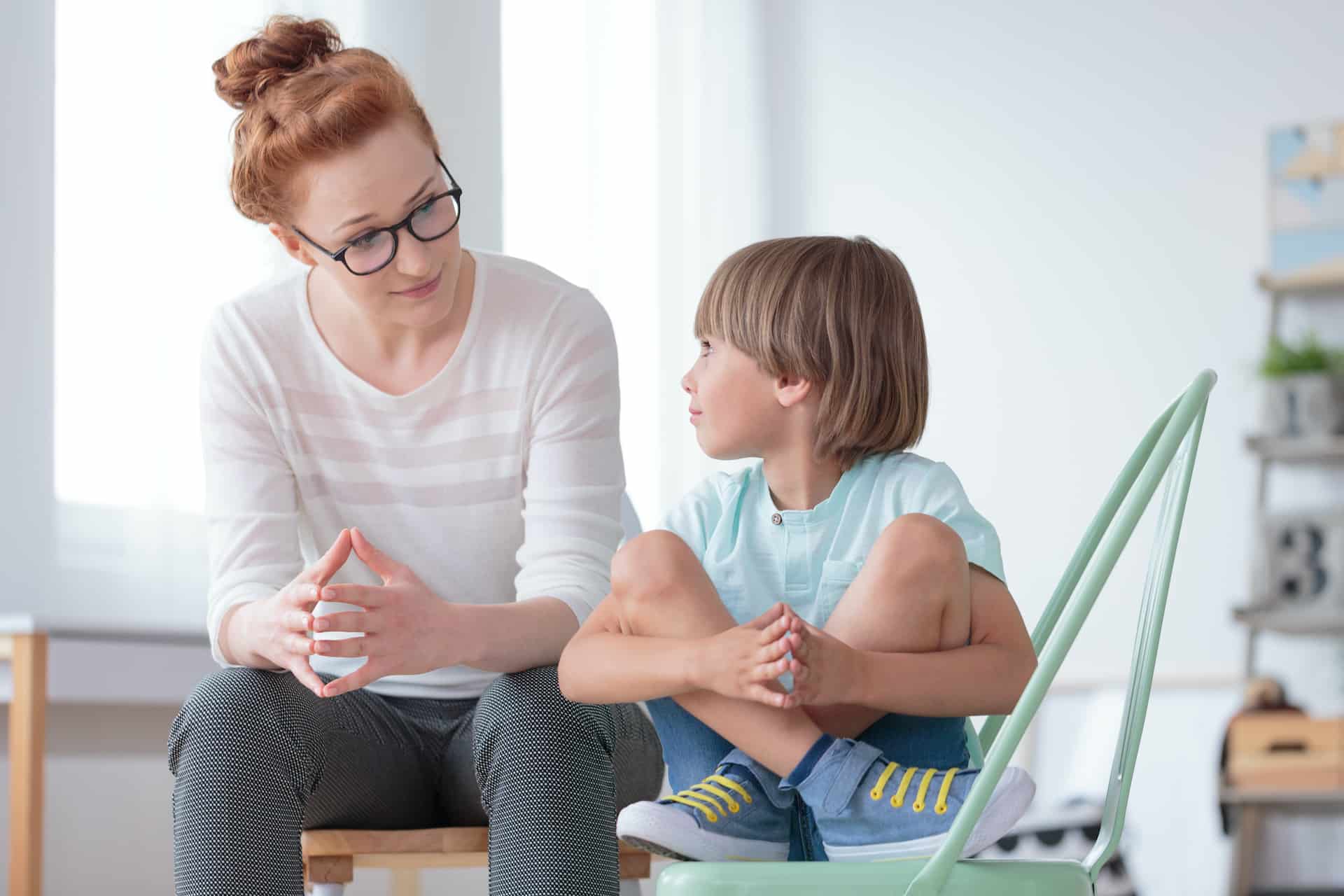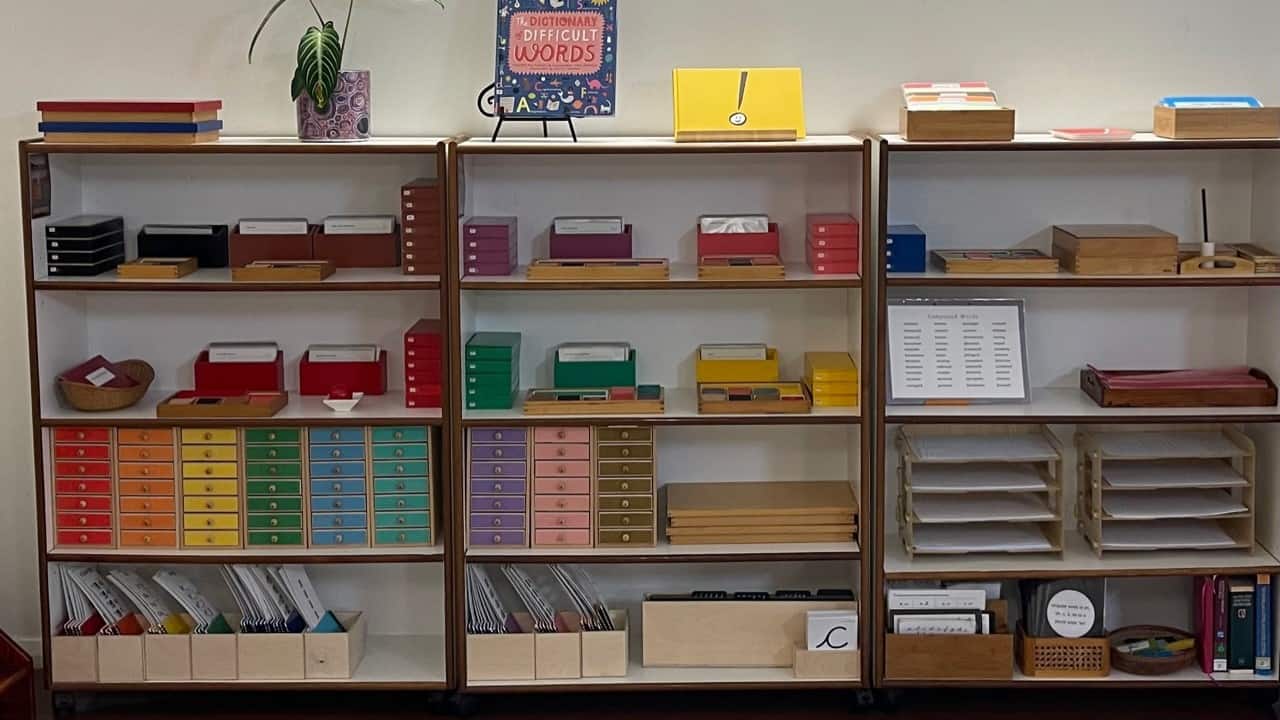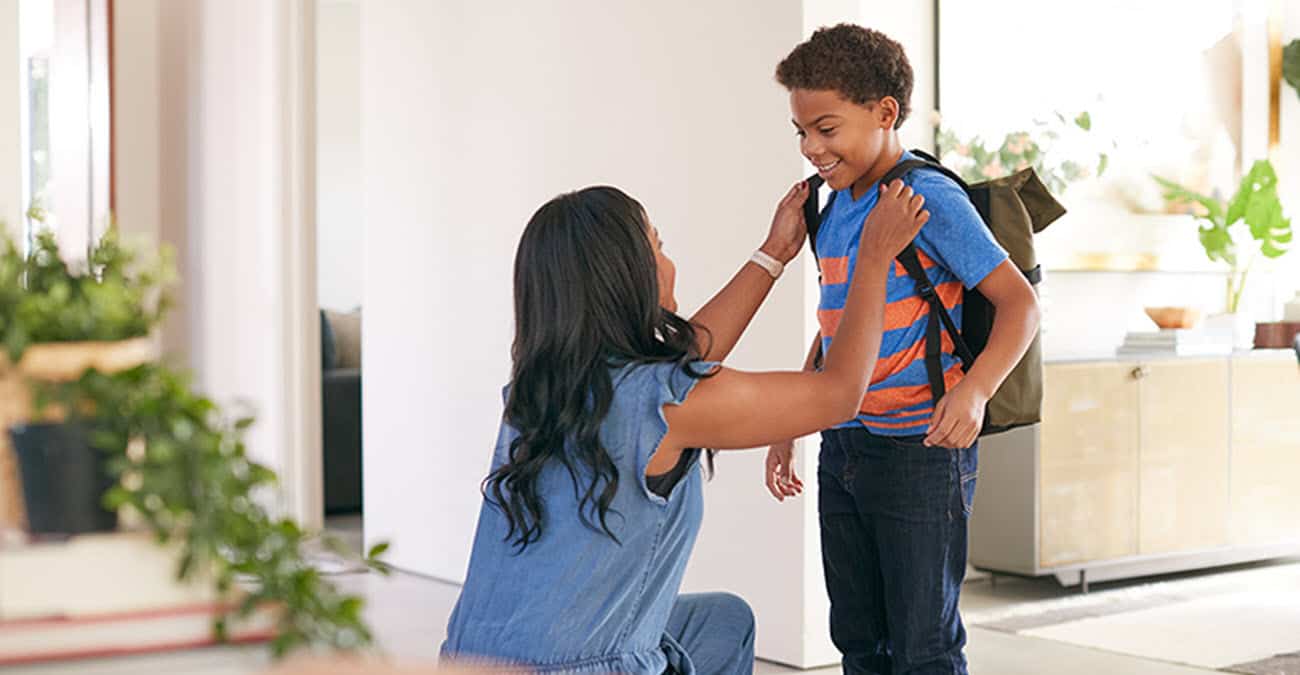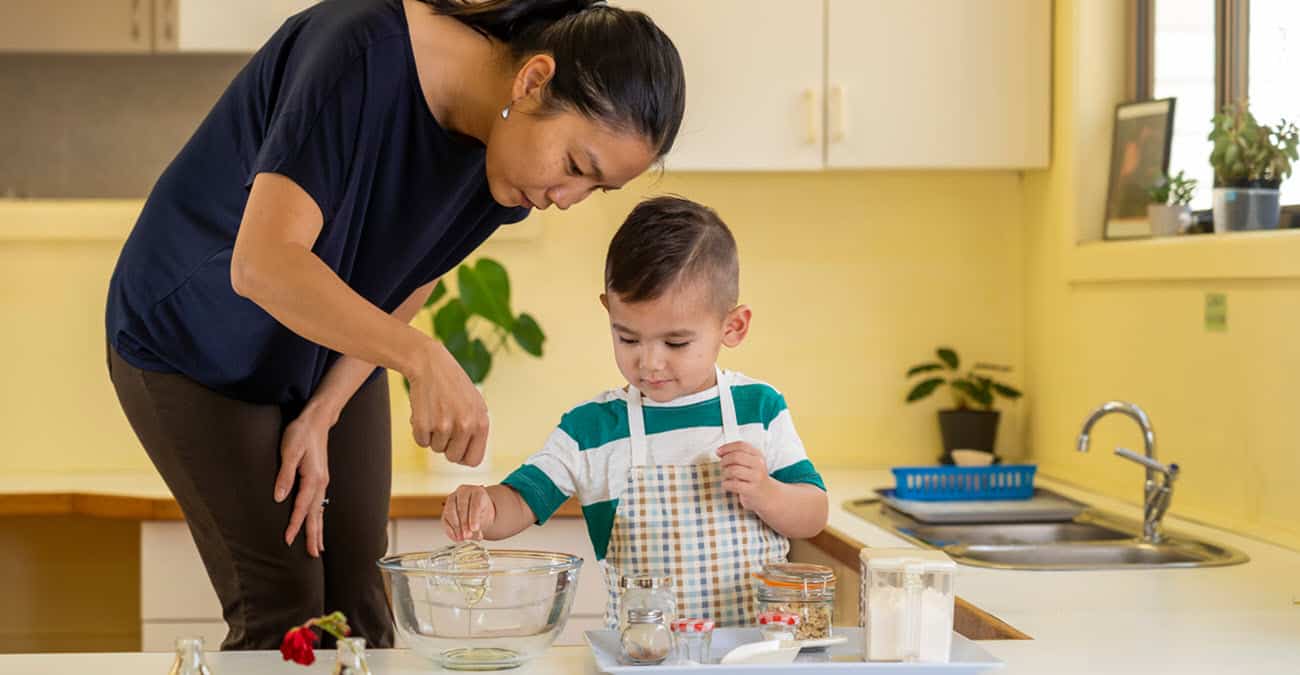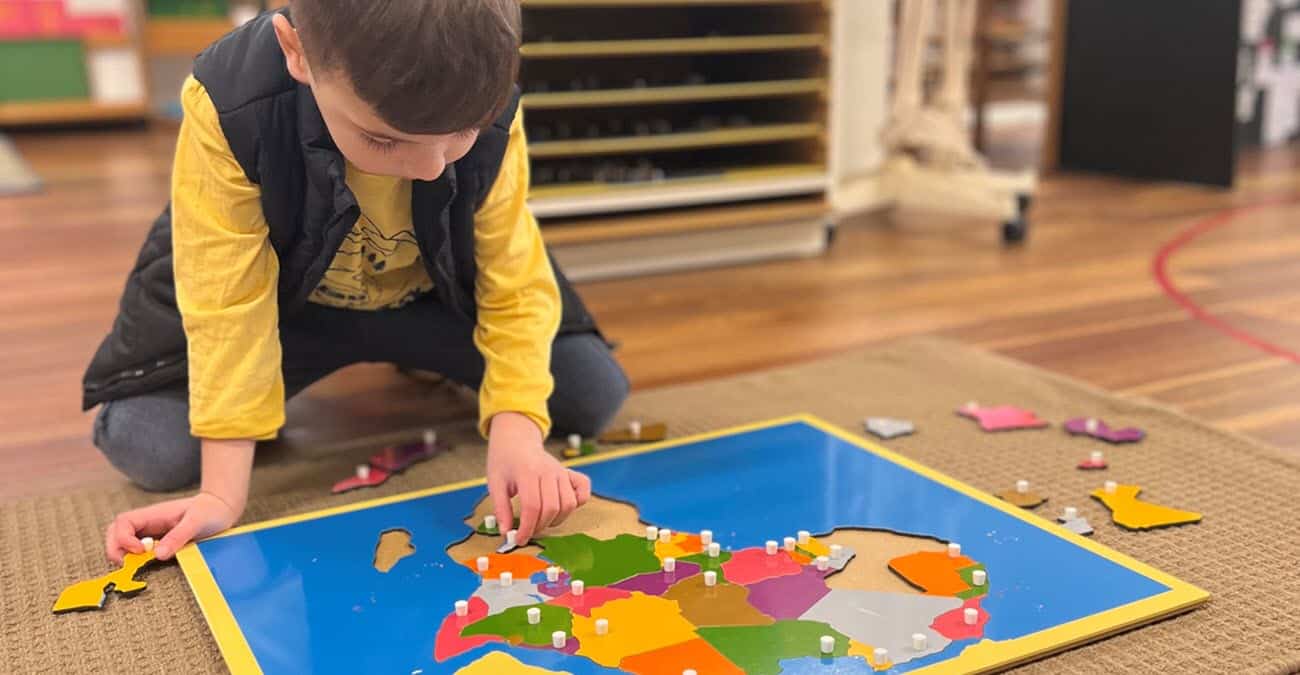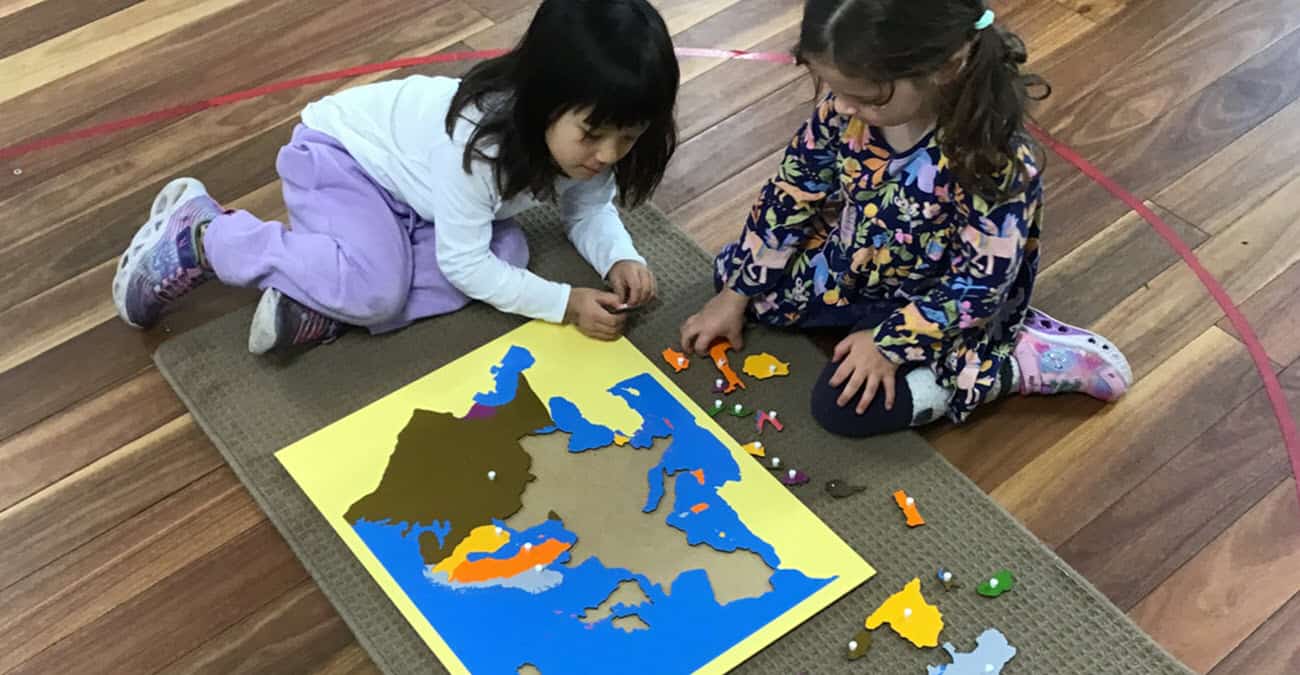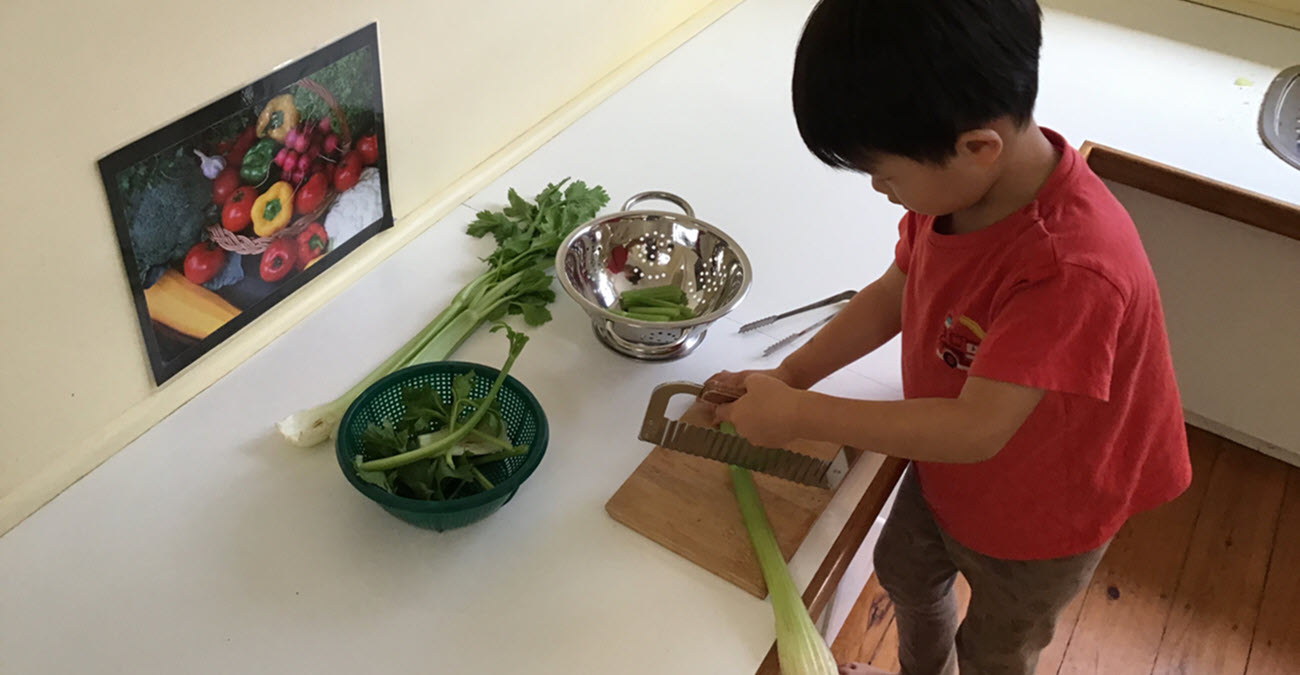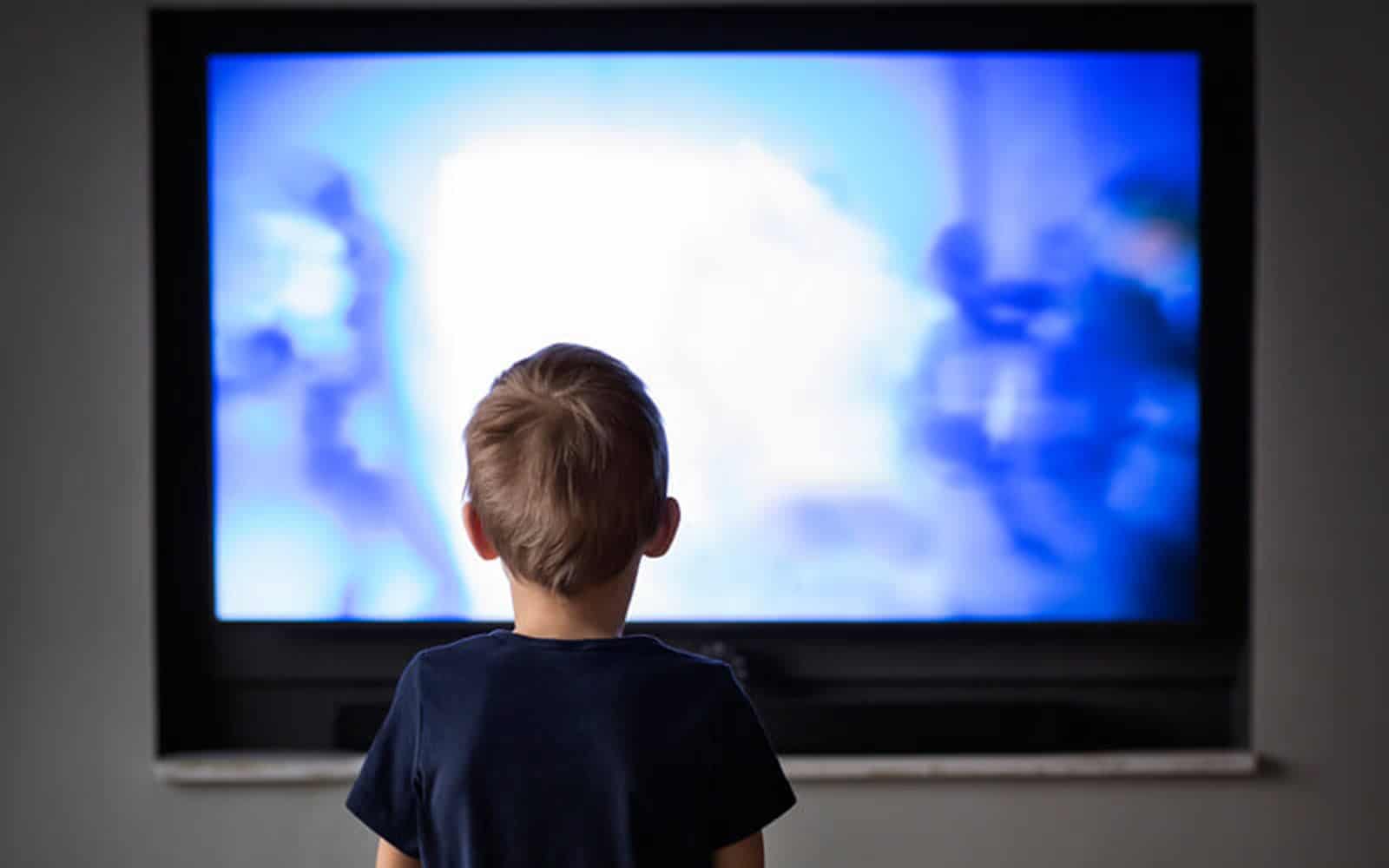
It seems like this is as good a time as any to talk about how our children interact with the news. The news simply wasn’t designed with children in mind, and although it is certainly an important part of our lives, we have to remember how it may affect our kids. We hope this guide will give you some helpful tips. Potential Problems Before we jump into the problems, we would…
Read More


